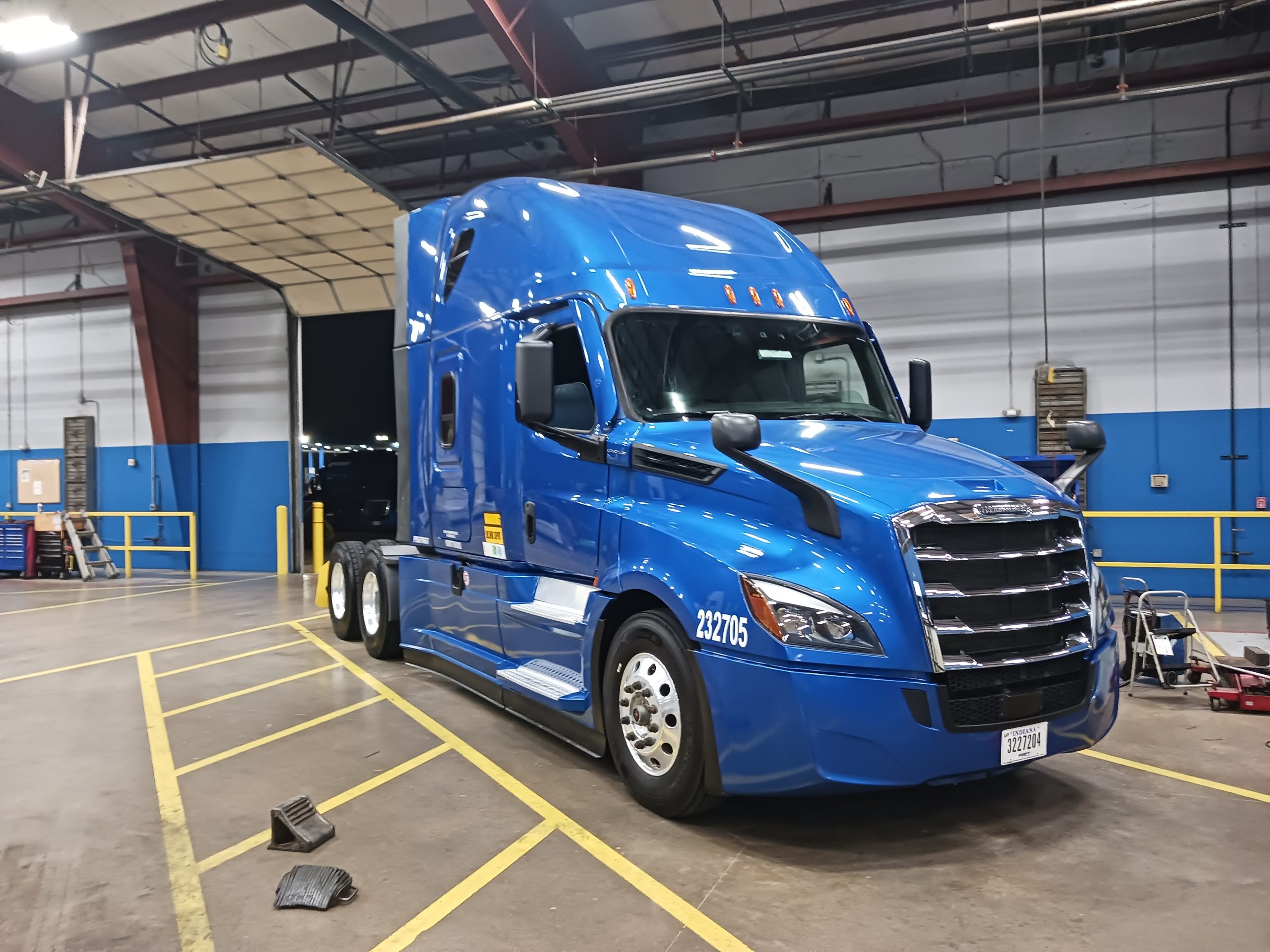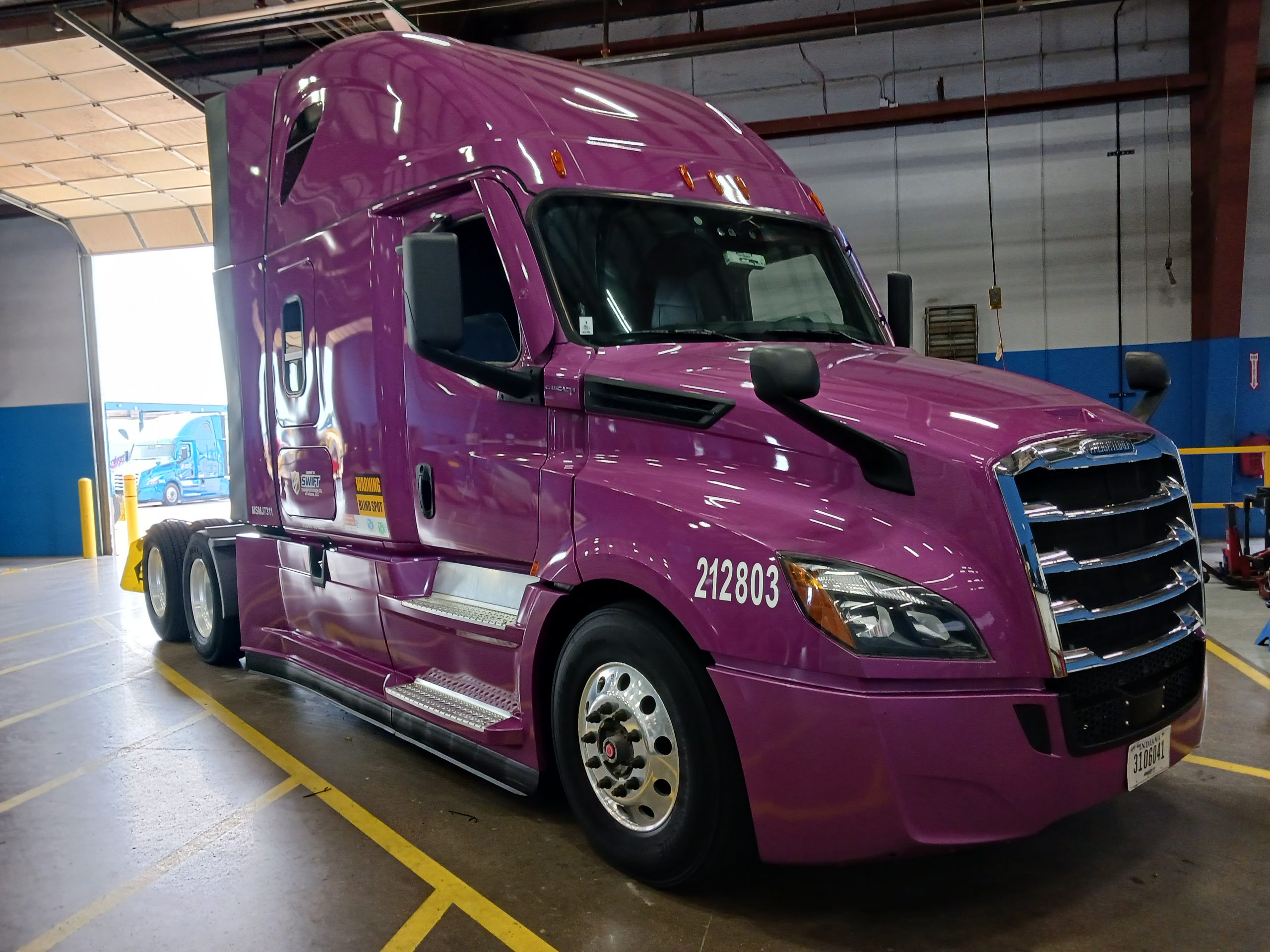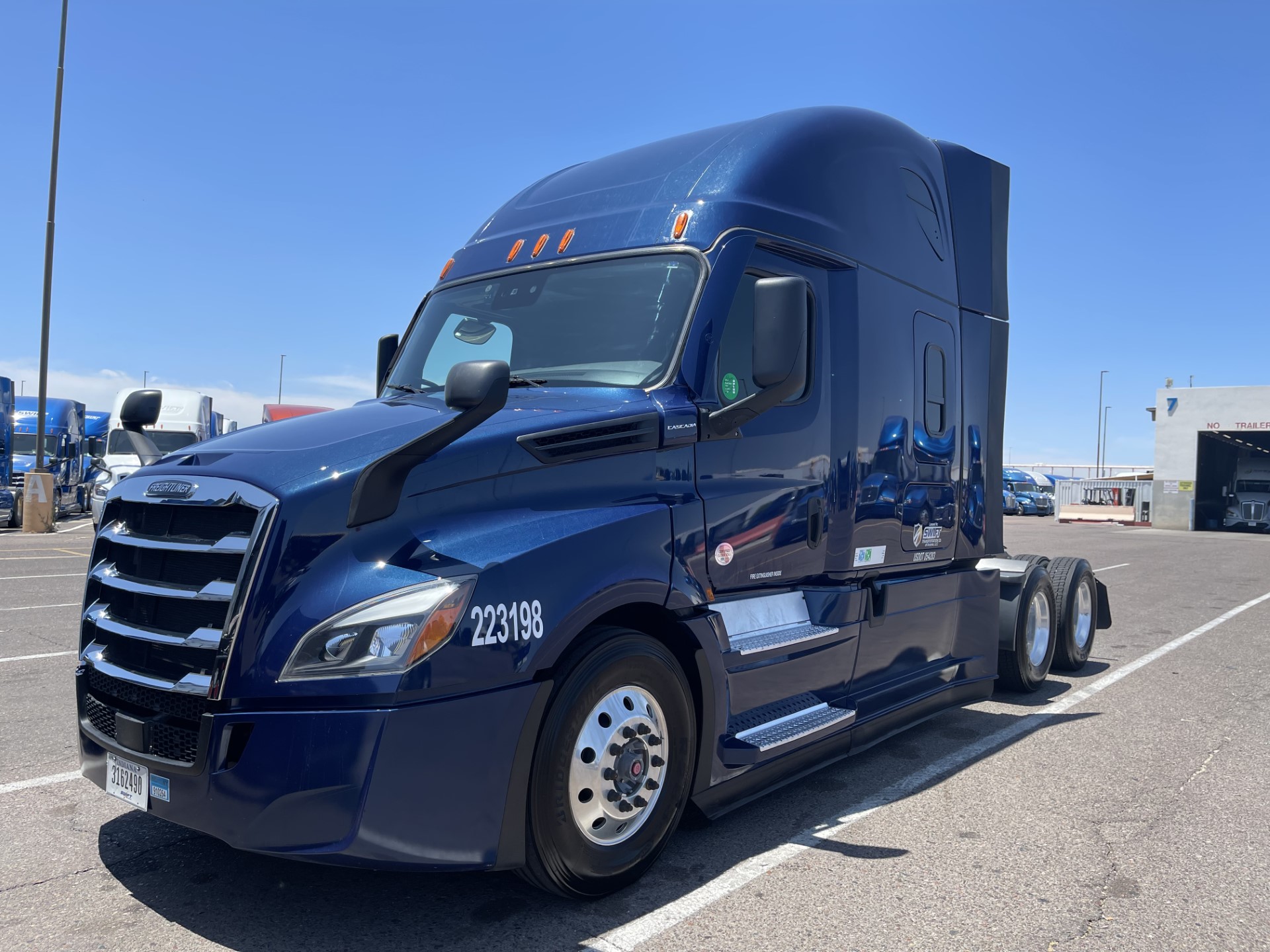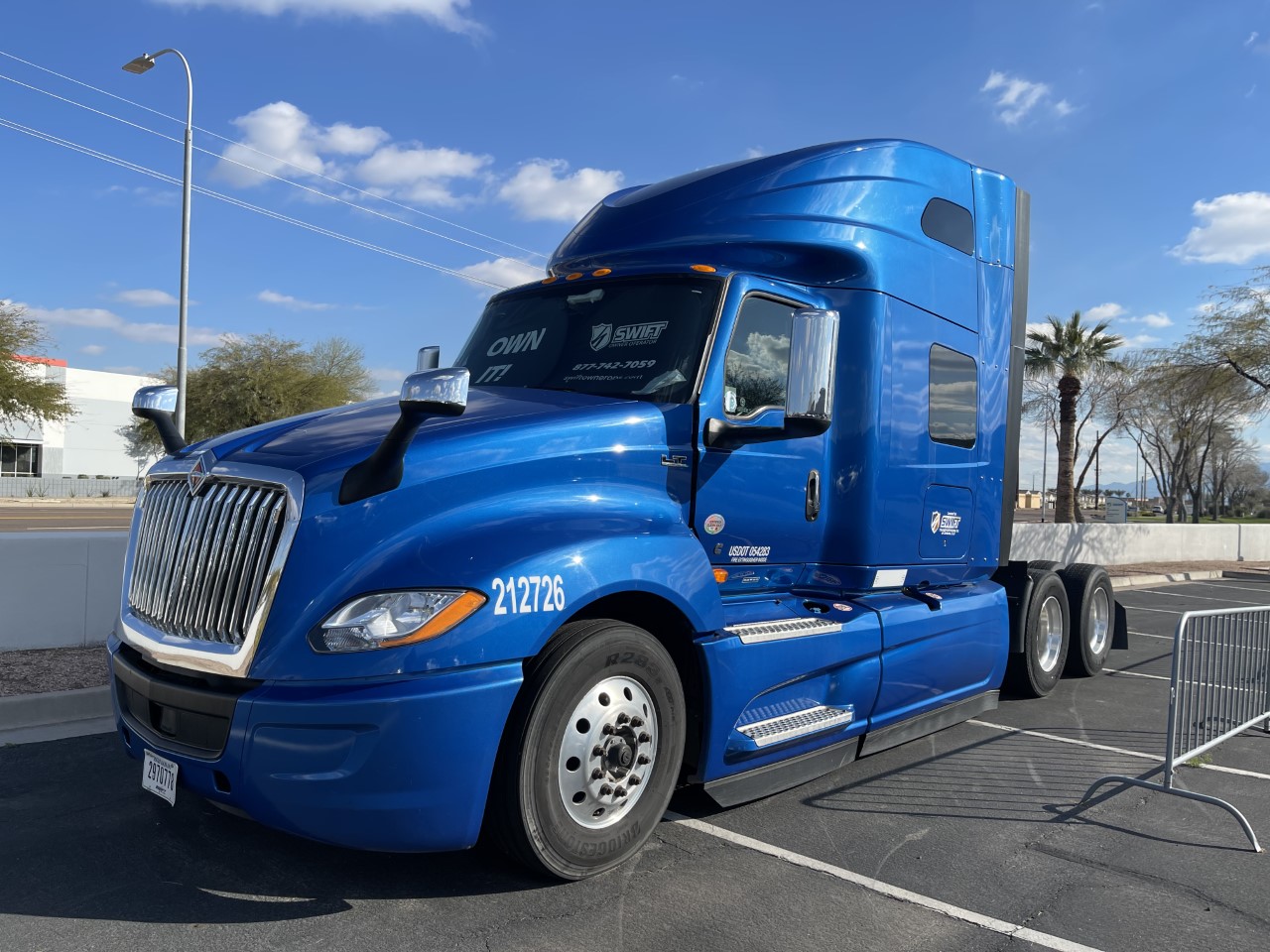Swift Transportation Owner Operator Pay

The trucking industry, the backbone of American commerce, is facing increasing scrutiny over owner-operator compensation. Independent drivers, vital to the supply chain, are raising concerns about fair pay, especially within large companies like Swift Transportation. These concerns highlight the complex economic realities and challenges faced by those who choose the autonomy of owning their own business while partnering with a major carrier.
This article delves into the current state of Swift Transportation's owner-operator pay structure. We will explore the factors impacting earnings, the ongoing debates surrounding compensation models, and potential future changes. The aim is to provide a balanced and informative overview of a critical issue for both drivers and the transportation industry at large.
Understanding Swift's Owner-Operator Program
Swift Transportation, a subsidiary of Knight-Swift Transportation, is one of the largest trucking companies in North America. Their owner-operator program allows independent drivers to lease their trucks and operate under Swift's authority.
The program offers benefits such as access to Swift's established customer base and fuel discounts. However, it also involves specific financial arrangements regarding revenue splits, maintenance costs, and other expenses.
Current Pay Structure and Factors Influencing Earnings
Swift Transportation's owner-operator pay typically operates on a percentage-based model. The specific percentage varies depending on factors such as the type of freight, the lane driven, and the individual contract negotiated with Swift.
Fuel costs, maintenance expenses, and insurance premiums significantly impact an owner-operator's take-home pay. Fluctuations in these costs can dramatically affect profitability.
Longer routes and higher freight rates generally lead to greater earning potential. Conversely, deadhead miles (miles driven without a load) and unexpected delays can reduce income.
Controversies and Concerns
Some owner-operators express concerns about the transparency and fairness of the percentage splits offered by Swift. They argue that certain deductions and fees can erode their earnings.
Maintenance costs are a frequent point of contention. Owner-operators are responsible for maintaining their vehicles, and unexpected repairs can significantly strain their finances.
The lack of guaranteed consistent freight volume can also lead to income instability. Periods of low freight availability can severely impact an owner-operator's ability to cover their expenses.
Swift's Perspective and Support Initiatives
Swift Transportation maintains that its owner-operator program provides a viable opportunity for independent drivers to earn a good living. They point to the benefits of access to their network and resources.
Swift offers various support initiatives, including fuel discounts and maintenance programs. These programs are designed to help owner-operators manage their costs and improve their profitability.
The company also emphasizes the importance of communication and transparency. Swift states they work to ensure owner-operators understand the details of their contracts and have access to resources to address their concerns.
Industry Trends and Regulatory Scrutiny
The trucking industry is facing increasing regulatory scrutiny regarding driver compensation and working conditions. The Federal Motor Carrier Safety Administration (FMCSA) is actively involved in ensuring fair labor practices.
Rising fuel costs and insurance premiums are putting pressure on all trucking companies, including Swift, to adapt their compensation models. These external pressures are impacting the entire industry.
There is a growing debate about the legal classification of owner-operators and their rights under labor laws. This debate could lead to significant changes in the way owner-operators are compensated and treated.
Looking Ahead: Potential Changes and the Future of Owner-Operator Pay
Swift Transportation, like other major carriers, is likely to continue evolving its owner-operator program in response to industry trends and regulatory changes. This evolution may involve adjustments to percentage splits or the introduction of new support initiatives.
Technology is also likely to play a role in improving transparency and efficiency in owner-operator compensation. Platforms that provide real-time data on earnings and expenses could help drivers make more informed decisions.
The future of owner-operator pay at Swift Transportation, and throughout the industry, will depend on a continued dialogue between carriers, drivers, and regulators. Finding solutions that balance the needs of all parties is crucial for a sustainable and thriving trucking industry.


















